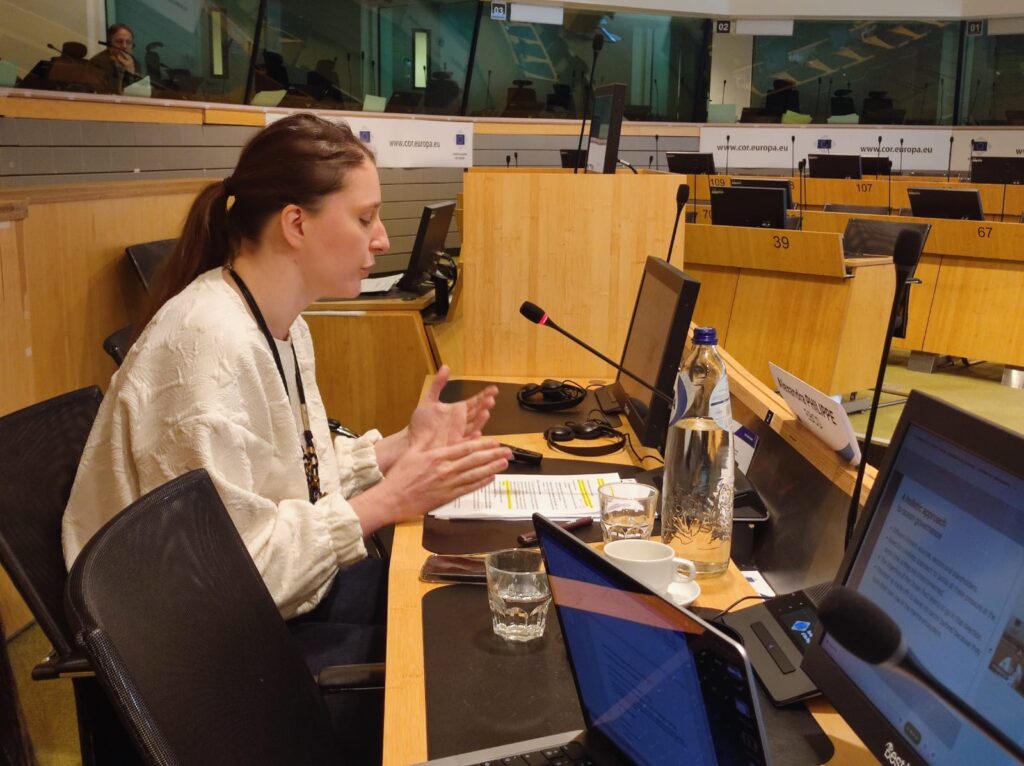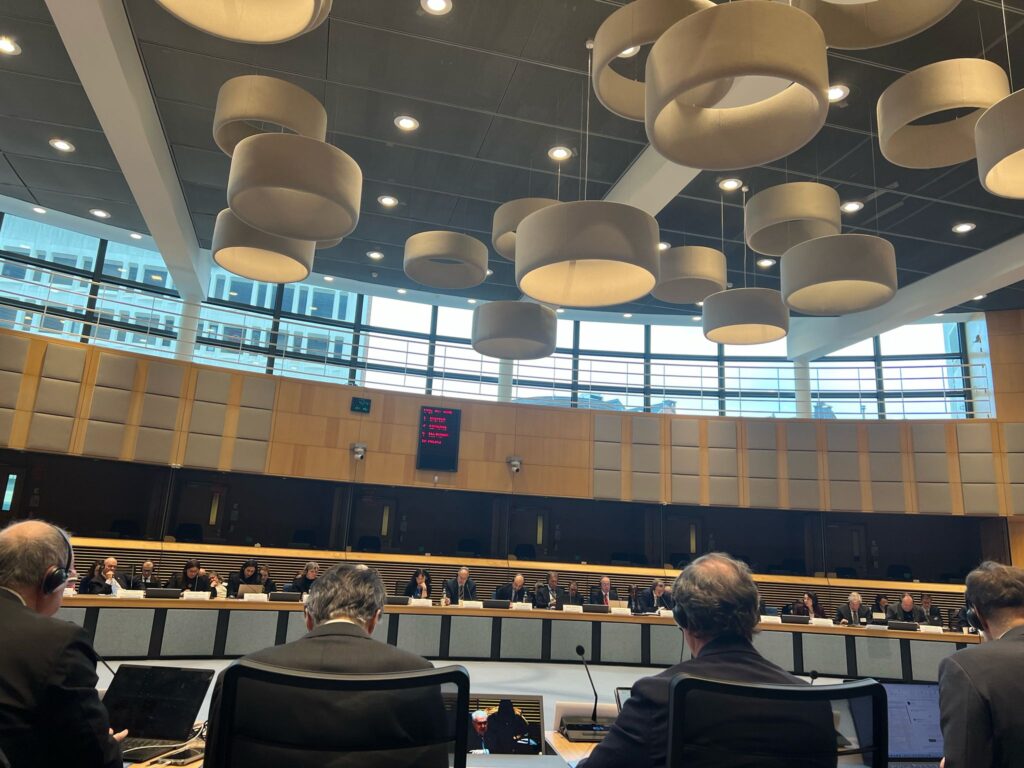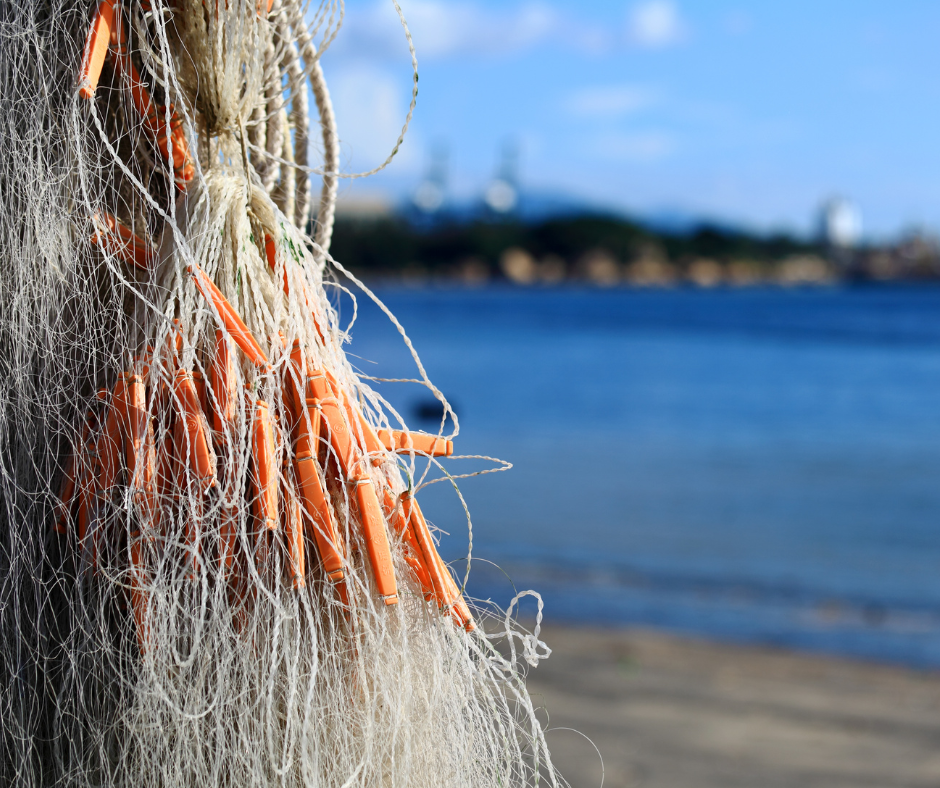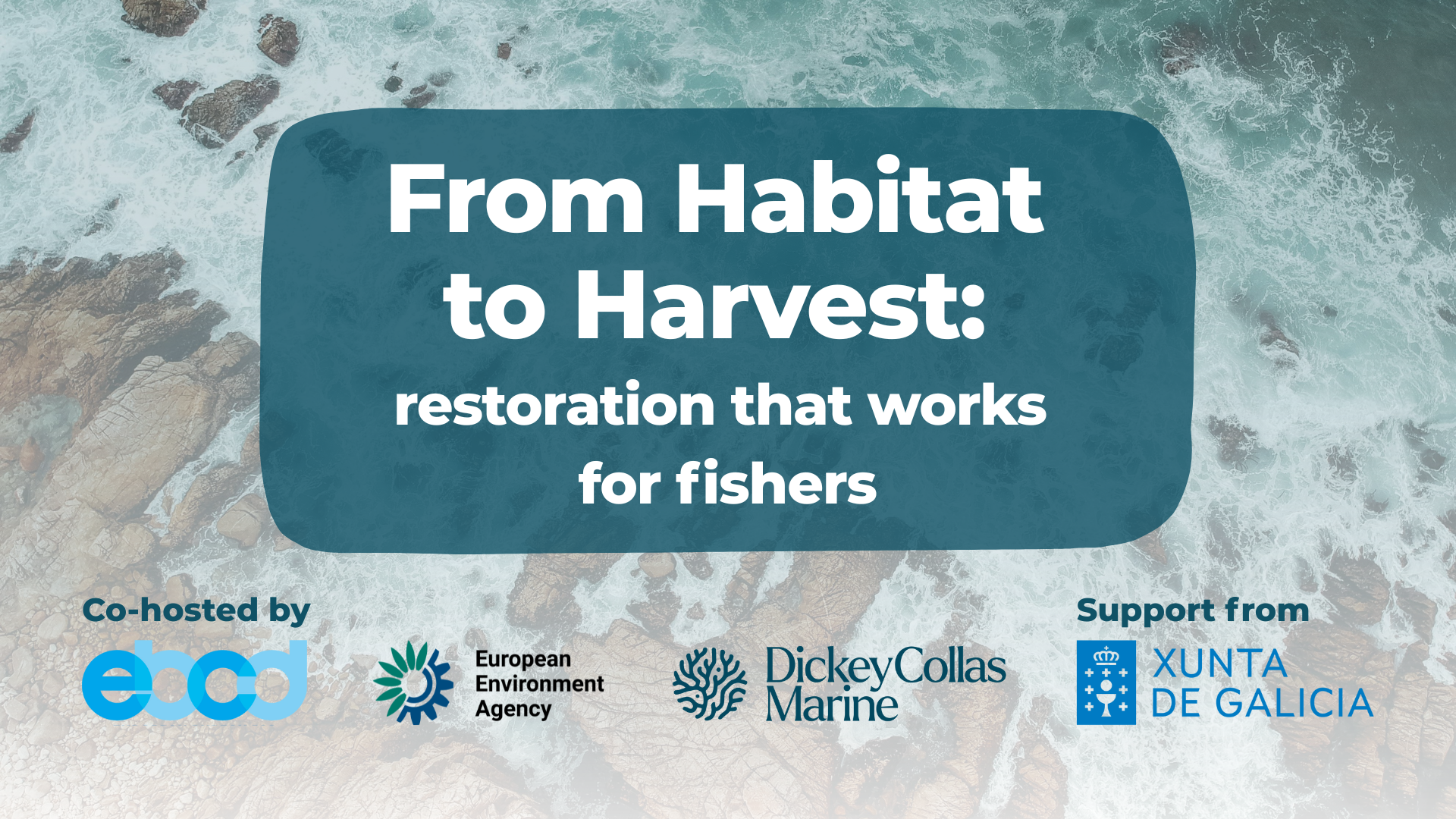The European Bureau for Conservation and Development (EBCD) has submitted its response to the European Commission’s consultation on the Oceans Pact, highlighting the urgent need for an integrated and prioritised approach to ocean governance. Oceans face growing pressures from climate change, pollution, overfishing, illegal, unreported, and unregulated (IUU) fishing, biodiversity loss, habitat destruction, and invasive species. Addressing these threats requires a governance model that recognises oceans as complex social-ecological systems, rather than just ecological entities.
Key Recommendations from EBCD’s Response
Breaking the silos: Ocean management must move beyond fragmented, sector-specific approaches. Adopting a multispecies, interagency and multisectoral perspective is essential for an effective governance. Establishing a collaborative platform or decision-making forum that connects all ocean-related sectors will allow stakeholders to discuss upcoming policies and implementation strategies, ensuring cohesive and informed decision-making.
Ecosystem-Based Management as a Cornerstone: Tangible ecosystem-based management should be a cornerstone of policy development. This approach ensures that dominant pressures on the marine environment, including land-based, are accounted for. Integrating ecosystem-based advice into policymaking will bring about a more accurate and representative assessment of marine health and sustainability needs.
Science-Based, Adaptive Decision-Making: Decisions must be rooted in science-based solutions. Policies should be adaptable, evolving alongside emerging research and data. Multiple knowledge sources must be acknowledged. Member States should be encouraged to improve data collection and pursue integrated analysis and sharing to ensure decisions are informed by the most accurate and updated information available. This would reduce the risk of rigid, dogmatic or outdated policies undermining marine management efforts
Inclusivity in Ocean Governance: Inclusivity must also be central to ocean governance. No sector should be left behind. When proposing policies, it is crucial to consider the broader implications on employment, maritime, food security, health, values and cultural heritage. Inclusive policies are better positioned to balance environmental sustainability with human needs, fostering a sense of shared responsibility and collaboration among stakeholders. In this perspective, the contribution of fisheries and aquaculture to food security must be integrated in the Oceans Pact as aquatic products offer low carbon proteins essential for a healthy diet.
Balancing Conservation and Sustainable Human Activities: Conservation objectives must incorporate sustainable human activities to promote resilience in both ecosystems and communities. Conservation objectives will likely fail to be delivered without this. Reassessing EU ocean-related policies to evaluate the human dimension will help create a balance that ensures both ecological and societal well-being. By aligning conservation goals with sustainable development priorities, we can safeguard marine resources while supporting the livelihoods of those who rely on them. The Global Biodiversity Framework (GBF) offers a valuable roadmap for these efforts. It includes 23 targets that aim to reduce threats and meet human needs while striking a balance between conservation and sustainable development within planetary boundaries. By integrating GBF into EU decision-making processes, including the Oceans Pact, we can build a cohesive strategy that aligns environmental and human priorities.

EBCD’s Broader Engagement on the Oceans Pact
Beyond responding to the European Commission’s consultation, EBCD has been actively engaged in shaping the discussion around the Oceans Pact through multiple avenues:
EESC Consultation: EBCD also provided input to the European Economic and Social Committee (EESC) consultation on the Oceans Pact, reinforcing its commitment to advocating for balanced and sustainable ocean governance. Alexandra Philippe, representing EBCD, participated in a civil society event organised by the EESC focused on the Oceans Pact, contributing to a multi-stakeholder dialogue on the future of EU ocean policies.
High-Level Roundtable: EBCD’s Director, Despina Symons, took part in the High-Level Roundtable on Oceans and Fisheries Dialogue with Commissioner Kadis, ensuring that EBCD’s perspectives were included in discussions at the highest policy levels.
- Advisory Councils: As active member of six Advisory Councils of the Common Fisheries Policy, EBCD contributed to the drafting of recommendations for the European Commission on the Oceans Pact.

A Call for Collaborative Action
The Oceans Pact represents a significant opportunity to reshape ocean governance. EBCD strongly believes that collaboration between policymakers, NGOs, scientists, and industry stakeholders is essential for its success. By embracing an integrated, science-driven, and inclusive approach, the EU can ensure that its ocean policies foster both ecological sustainability and socio-economic resilience.
EBCD remains committed to working with all stakeholders to ensure that the Oceans Pact delivers on its promise of effective and balanced ocean governance.




